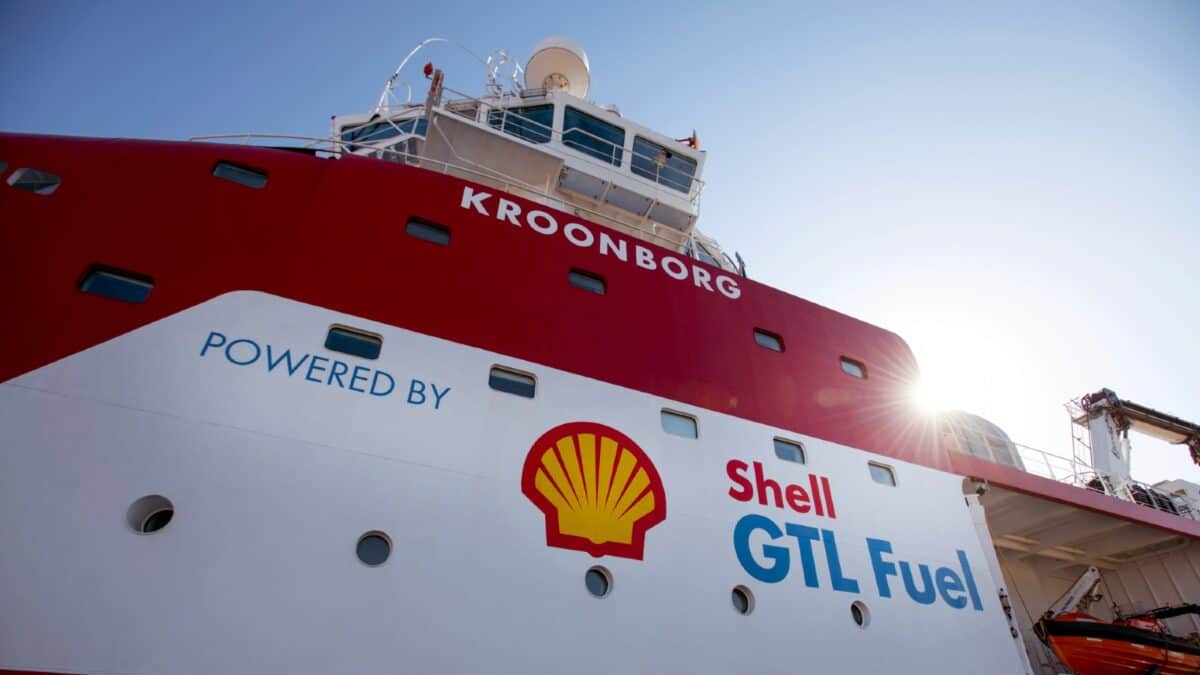Over the last 12 months, Shell (LSE:SHEL) – a FTSE 100 company – brought in £53bn in operating income. In that time, Tesla (NASDAQ:TSLA) generated $13bn (£10.4bn).
Despite this, Shell’s (£182bn) total stock market valuation is 68% lower than Tesla’s (£575bn). I think this shows something important about UK shares.
Investing 101
Let’s start at the very beginning. Investing in stocks and shares involves buying part of a company in the hope (or expectation) that the underlying business will make enough cash to generate a decent return.
This means that the investing equation comes down to two things. The first is how much the company is going to make and the second is how much it costs to buy its shares.
Importantly, though, investing is a long-term activity. So the question of isn’t just how much a business is going to make next year or the year after – it’s about how much it will make over 10, 20, or 30 years.
By buying Tesla shares at today’s prices, investors are expressing the view that the company will make three times as much money as Shell going forward. That’s despite it making 80% less at the moment.
Could that happen? Maybe – it depends on what the future for each business looks like.
Shell
Shell’s recent earnings have been boosted by unusually high oil prices, so investors shouldn’t assume that recent profitability levels will persist. But the current share price indicates that they aren’t doing this.
Right now, the average price-to-earnings (P/E) ratio for FTSE 100 shares is 11. In the case of Shell, the stock is trading at a P/E multiple of eight, which implies that the market is expecting earnings to be lower in future.
Equally, though, based on the company’s average earnings over the last 10 years, the stock is currently trading at a P/E ratio of 14. This suggests investors think the next decade will be better than the last one.
I don’t think this is unreasonable. I’m expecting oil prices to be slightly higher on average over the next decade and I’m anticipating higher profitability from Shell as a result.
Tesla
I think Shell might average £14bn per year in operating income over the next decade (around 5% higher than its average over the last 10 years). At today’s prices, that’s a 7.7% annual return.
For Tesla to manage something similar, it would have to generate an average of £44bn per year. That’s a growth rate of 25% per year from the £10.4bn the company managed over the last 12 months.
There’s absolutely no doubt that Tesla’s earnings are going to grow. The real question is whether or not they can grow that quickly.
Self-driving cars, batteries, and EV infrastructure all provide the company with growth potential. But even its strongest advocates would accept the market is currently pricing in high expectations for the business.
Foolish takeaways
There’s a broader lesson for investors here. In general, FTSE 100 stocks trade at a significant discount to their US counterparts.
There are times when that’s clearly justified. But there are also times when the gap is too wide.
Investing is about buying stocks for less than they’re worth. And I think the best chance of finding them is to look where prices are low.








